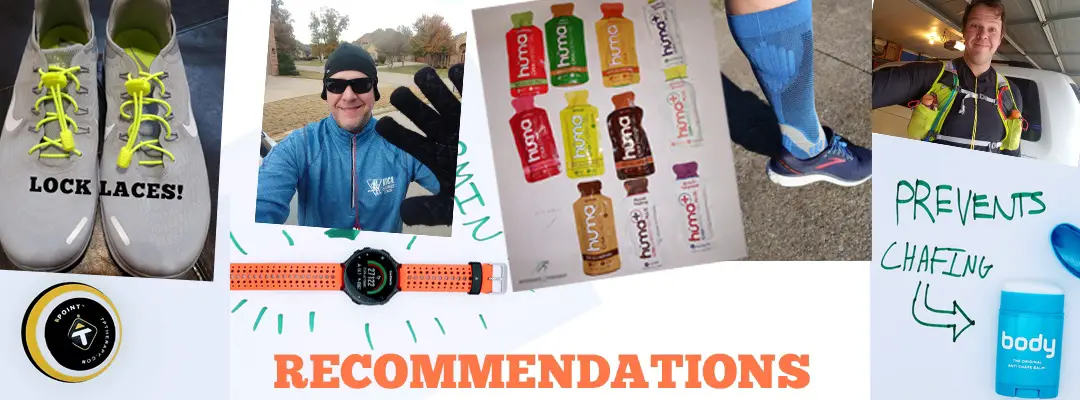Losing weight follows a fairly straightforward formula: eat a proper diet, exercise, and follow a calorie deficit. But if it’s so simple, why is losing weight so hard?
The truth is that losing weight is a mental, emotional, and psychological battle. You have to change habits, fight self-defeating thoughts and patterns, sustain motivation, and focus on the goal. You have to know how to train your mind to lose weight.
Set SMART goals
Saying “I want to lose weight” is a wish, not a goal. Goals have to be concrete and specific so you know what to do, how you’ll do it, and why it matters.
The secret is to set SMART goals, an acronym for specific, measurable, attainable, relevant, and timely.
- Specific. How many pounds do you want to lose, or how many inches off your waist and thigh?
- Measurable. How will you track your progress? You can set milestones like “1 pound a week” or commit to a workout, like walking 10,000 steps a day or three 1-hour workouts a week. Fitness apps can also help you track your progress.
- Attainable. Don’t set yourself up for failure by setting an unrealistic or unhealthy goal. Consider your schedule, fitness level, medical history, and other effects that will affect the rate that you lose weight and the kind of workouts and diets you can do.
- Relevant. How will weight loss impact and improve your life? Some examples of concrete motivations are “I can wear the clothes I like” or “I will reduce my risk for diabetes.”
- Timely. Set deadlines and milestones. Generally, 1 or 2 pounds a week is considered healthy and sustainable—severe diets with extreme weight loss mess up metabolism and eventually, you will gain back everything you lose.
SMART goals example
An example of a good SMART goal is: “I will lose 10 pounds by June by doing a 30-minute workout every day, and following a low-carb diet.” It is clear, concrete, and easy to track. You also know how you can modify it if you discover that your needs or goals change during your weight loss journey.
Related: Is Blending Food Bad For Me?
Create affirmations
Thoughts like “I’m so fat, I’ll never lose enough weight” or “Diets never work for me because I have no willpower” are self-fulfilling prophecies. Since you’ve decided that you can’t do it, then you won’t do it. And naturally, you will get the results that you expect to get.
You have to believe that you can, and then crush any doubts that will pop along the way. Find a mantra or cheer that you can chant to yourself during a workout, like “You’re slaying it!” or “Sweat is fat crying.”
When you start putting yourself down or are frustrated by a plateau, focus on what you have been able to do. You can even keep a journal and write down at least 3 good things about yourself every day. You have to be your biggest fan!
Related: How To Make Running A Habit For Life!
Identify blocks and patterns
Look at your previous attempts to lose weight, and why they failed. What behaviors, attitudes, or situations got in the way? Some examples are:
- Emotional eating because of stress or anxiety
- Perfectionism – you either do it well or not at all and are easily frustrated by the failure
- Poor time management or work/life balance – you’re too busy or tired to work out
- Lack of support from family and friends
- Boredom because of repetitive exercises or diets
Write these down, and then brainstorm on what you can change now to either manage, minimize or remove those obstacles.
Remember, you’re not making excuses for why you can’t lose weight or blaming yourself for failure. You are analyzing the past in a non-judgmental way so you can find solutions and support.
Related: Which Exercise Machine Is The Best At Helping You Lose Weight?
Consider hypnosis
There is some research that shows that hypnosis, and interventions like cognitive behavioral therapy, can help you train your mind to lose weight.
Our thoughts, beliefs, addictions, and emotions that affect our relationship with food and exercise are all seated in our subconscious. Hypnosis helps change or train the subconscious and break the patterns that lead to eating disorders or other diet-derailing habits.
Related: What Is Emotional Eating? How Can I Break This Habit?
Meditate regularly
While hypnosis requires a trained professional, meditation can be done at home—and can yield similar results.
Meditation, which typically involves breathing exercises and focusing on a mantra or image, can help you center yourself and mentally prepare for the battle against weight loss.
It can help you become more self-aware of thoughts or actions related to food, and deal with emotional eating or cravings.
It can help you mentally prepare for workouts, so you feel more motivated and focused, and are able to challenge yourself to hit higher speeds or go for more intervals.
Meditation can also help manage stress, which has been linked to weight gain because of its effect on hormones that control appetite and metabolism.
Related: Does Vibration Training Help You Lose Weight?
Seek positive influences and role models
Your ideas and beliefs are influenced by the people around you. They set an example for you to follow, reaffirm and encourage you when you do something right, and can provide positive “peer pressure”.
Ideally, you will have these role models around you—family members who also eat healthily and exercise and are even ready to improve their lifestyle with you. But if you can’t find support at home, then seek it elsewhere.
Related: What Is Meal Prepping? What are the best meal preparations for runners?
Find your fitness tribe: social media influencers, fitness coaches, online communities, workout buddies, or any group that have the same health goals.
They will give you emotional support, concrete, and practical tips, and most importantly, help “train your mind for weight loss”. That’s because they help develop values and attitudes towards diet and exercise—so you instinctively feel good for following healthy habits, and feel bad when you don’t.
Related: How To Lose Weight Training For A Half Marathon
Hire a weight loss specialist
Every weight loss journey is unique, and strategies or tips that work for one person may not work for you.
Weight loss specialists can help tailor your regimen according to your weight loss goals, body type, personality, and needs.
They can help you set SMART goals, create an exercise routine, and identify habits or patterns that can hold you back. They can also provide much-needed motivation and encouragement, to help you get through plateaus or moments when you feel tempted to give up.
With a weight loss specialist, you never feel that you’re struggling through the fitness journey alone. With such solid mental, emotional and psychological support, you can reach your goals—one step at a time.
Related: Walking To Lose Weight – The Ultimate Guide
Coaching Services – Weight Loss Specialist
Are you looking for a certified weight-loss specialist? I am about to open up virtual one-on-one coaching in the near future. If you want to get put on my “special” list click here. There is no obligation at all by being on the list. You will simply be one of the first to be notified about my coaching availability.
My coaching services will not be inexpensive. At a minimum, I will be charging $500/month for the basic plan. This will include 1-30 minute video/phone call a week plus unlimited email or text support Monday – Thursday. My availability as a coach will be extremely limited so I will only be able to offer 8-12 spots a month to make sure that I can give everyone the best service I can provide.
Not only am I NASM Weight Loss Specialist, but I’m also a NASM CPT (personal trainer), a NASM Nutrition Specialist, ASM Strength and Flexibility coach, and a Level 2 RRCA running coach. Again, If you are interested in my coaching services in the near future please get on my waiting list by clicking here:
Sign me up and put me on the “First To Know” about coaching services List
Other Ways To Lose Weight
Fasting is catching on as a safe way of losing weight rapidly check out the article below for information on the safest most popular ways to fast
Related: Does Intermittent Fasting Actually Work To Help You Lose Weight?
| Help support me and subscribe to my YouTube channel. YouTube video - 30 ways to make your runs less painful! Coach Scott's Credentials:
|
To sign up for a FREE half marathon training schedule, log sheet, and pace predictor CLICK HERE.

Recommended gear for runners
Connect with me:
| facebook.com/BeginnerToFinisher/ |
References
https://www.mayoclinic.org/healthy-lifestyle/weight-loss/in-depth/weight-loss/art-20048224
https://www.webmd.com/balance/features/meditation-hypertension-and-weight-loss
